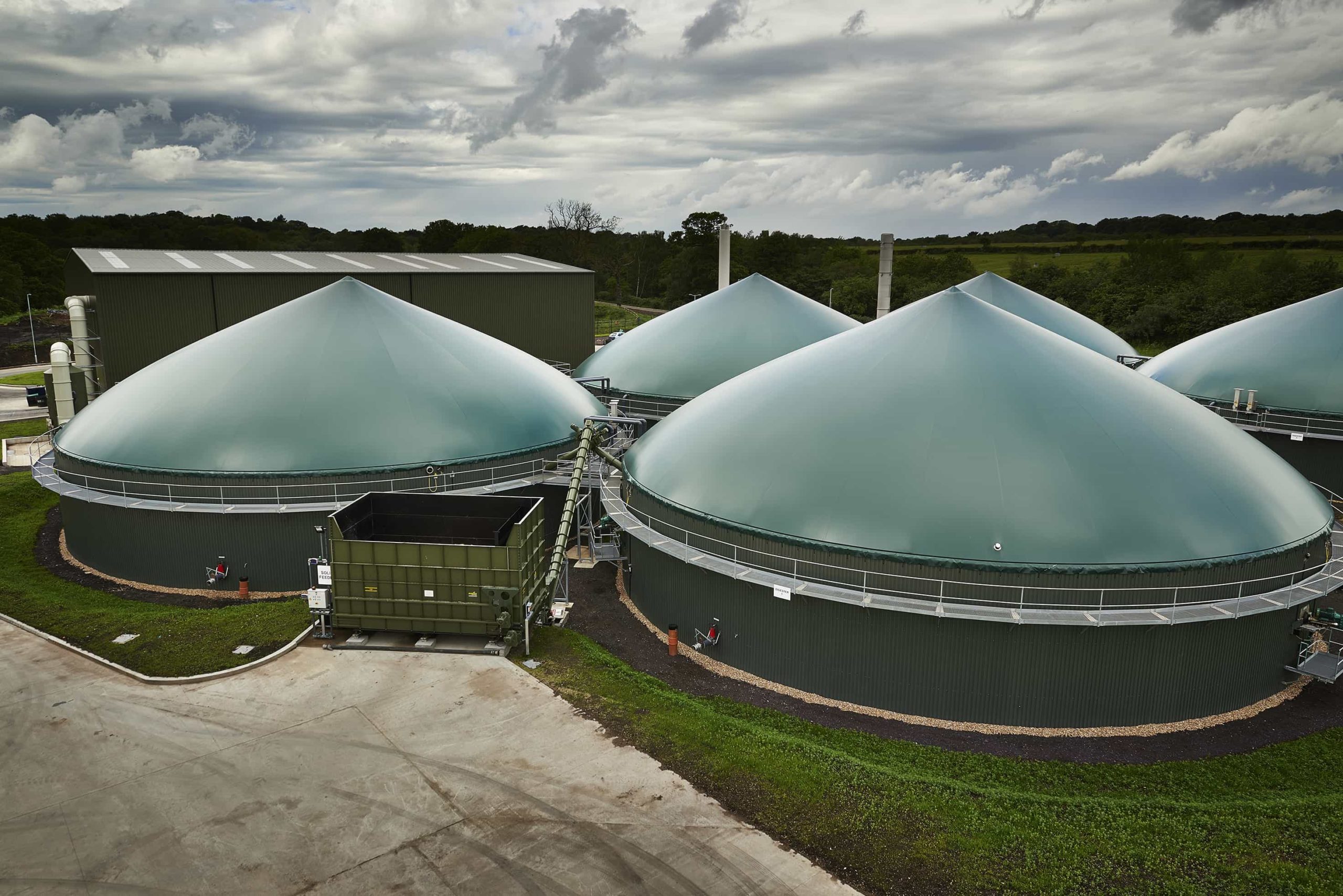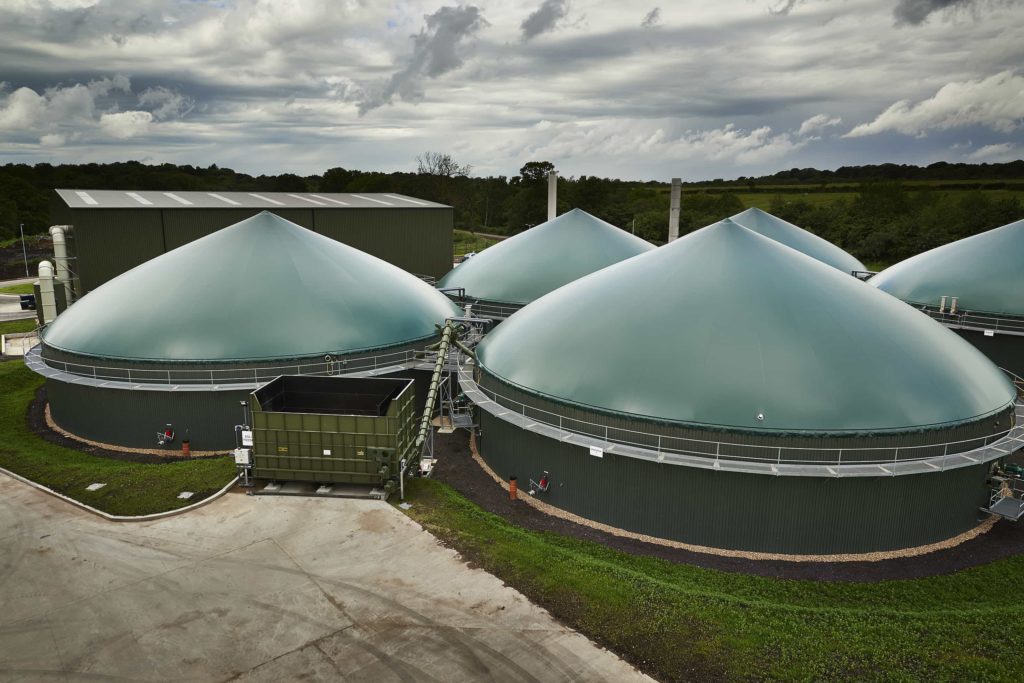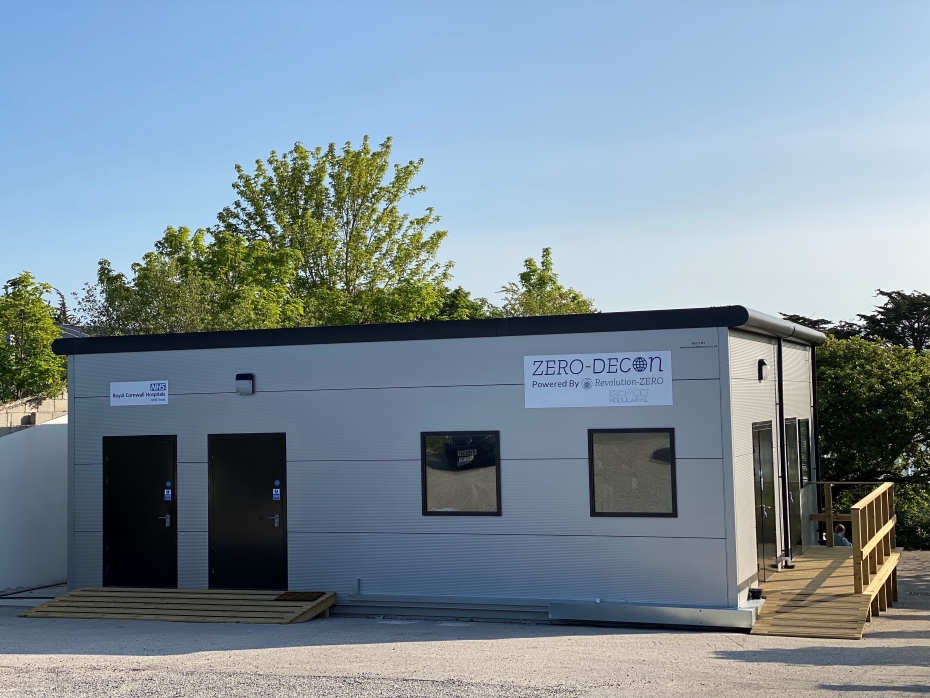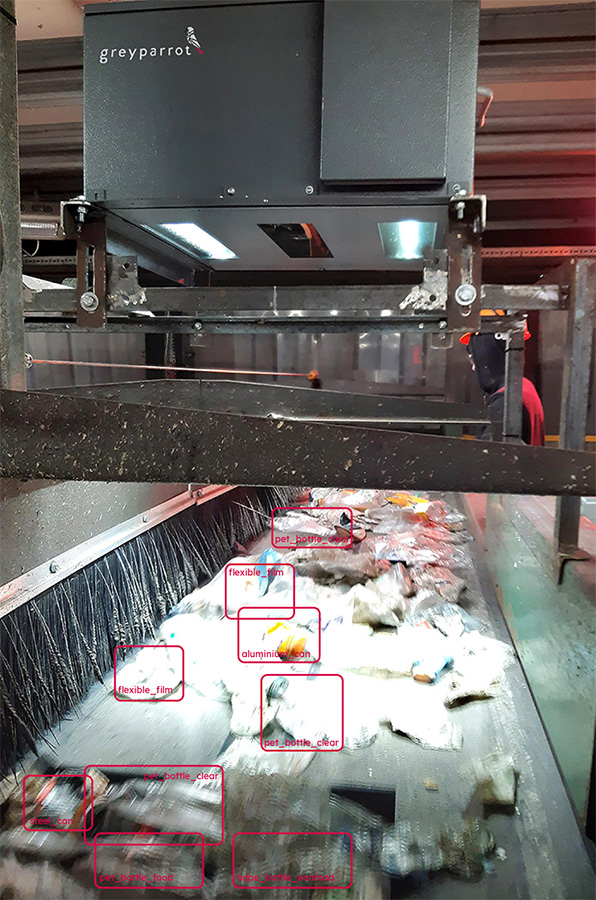The findings are part of the government’s ‘Building a high value bioeconomy: Opportunities from Waste’ report published yesterday (March 5) which presents the basis for the growth of biotechnologies in the UK.
It is understood that the Department of Communities and Local Government (DCLG) put forward the idea, claiming that only ‘a very small fraction’ of the potential food waste feedstocks available in the UK are currently sent to AD facilities.

It suggests that for this material to be captured and valued through AD, end users of food waste may need to help fund collections in order to make them a viable option for local authorities. At present, AD gate fees range from £18 to £38 per tonne.
Whitehall
The report was produced by a cross-Whitehall and public sector working group, comprising DECC, Defra, BIS and DCLG, the Knowledge Transfer Network (KTN), the Biotechnology and Biological Sciences Research Council (BBSRC), WRAP and NNFCC.
It builds on an earlier House of Lords study which concluded that opportunities arising from the bioeconomy could amount to around £100 billion per year with waste and residues providing valuable raw materials.
Charlotte Morton, chief executive of the Anaerobic Digestion & Bioresources Association, welcomed the report – and called on the next government to ‘prioritise’ food waste collections after the forthcoming election.
Ms Morton said: “The government’s recognition that ‘collection and supply mechanisms’ are needed to ensure that uncontaminated food waste is delivered to AD facilities is hugely welcome. England in particular lacks the backing for source segregated food waste collections, and that should be a priority for the next government.”
She added: “Government funding, finance and infrastructure support will be crucial in developing and commercialising new technologies, such as biorefineries and financially viable small-scale AD plants.”
Departments
Significantly, this follow up report has been put together in a joint-Ministerial capacity, between Matthew Hancock – minister of state for business, enterprise and energy at BIS – and Dan Rogerson, minister for resource management at Defra.
[testimonial id = “198” align=”right”]
It comes after recent pressure from the 2020 Conservative resource and efficiency group for the two government departments to share the waste brief – with Laura Sandys calling for a separate unit within BIS (see letsrecycle.com story).
Speaking to letsrecycle.com today, Dr Adrian Higson of NNFCC, who helped author the report, said: “When it comes to the bioeconomy we have got to think of feedstock as well as energy so it’s really great to see DECC, BIS and Defra working together. The real onus of this report is trying to get government to understand that this is no longer a bioenergy strategy but a bioeconomy strategy. That creates more value.”
The working group concludes that this is a ‘starting point’ which will require government and sector stakeholders to engage with the bioeconomy in the next Parliament after the election in May.
Dr Higson added: “There’s a reasonable cross-party engagement on this. There is a consensus that we need to reduce waste and there is nothing that contentious in the report that would lead to divisions in the next government.”










Subscribe for free